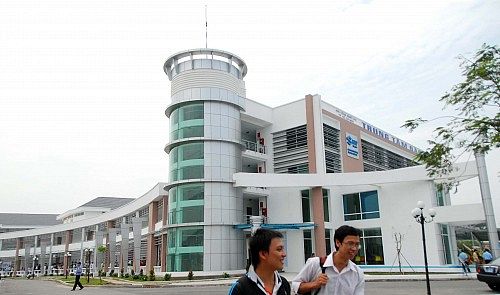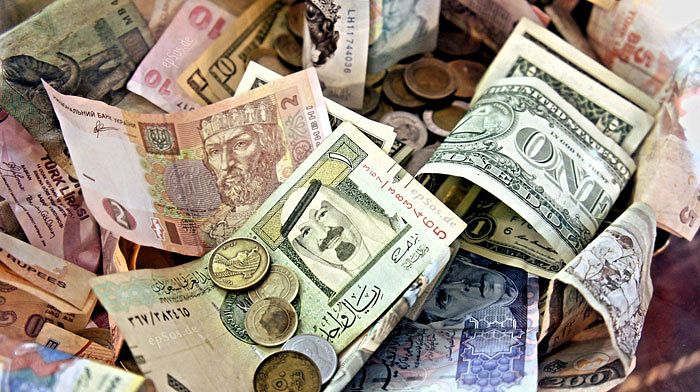In Hanoi on Monday, Prime Minister Nguyen Xuan Phuc announced the establishment of the Cyberspace Operations Command which is tasked with protecting Vietnam’s control of the Internet and overseeing ICT-related issues in the military.
According to Tuoi Tre, the ministry-run unit will research and predict online wars according to a government website. The command will aid national defense in its combat against online criminals and other hostile forces.
VnExpress reports that in his announcement, the prime minister cited disputes related to the East China Sea and complex global situations as the factors leading to the decision to form the unit. He said: “Along with the technological and scientific breakthroughs of the Fourth Industrial Revolution, cyberspace has become a new territory playing a crucial role in the socio-economic development, security, national defense and foreign affairs of every country.”
The announcement follows a December admission of the existence of Unit 47, a 10,000-member special force troop created to police the internet. Colonel General Nguyen Trong Nghia, deputy chairman of the General Political Department of the People’s Army of Vietnam said that the unit is needed to “fight against wrongful views in every second, minute and hour".
The developments seem to have widespread government support. In August, Vietnam’s president said the country needs to pay greater attention to controlling “news sites and blogs with bad and dangerous content,” according to Reuters. The president noted that the efforts were required to guard against offensive actions that “undermined the reputation of leaders of the party and the state, with a negative impact on cadres, party members and the people."
The moves coincide with crackdowns on internet activities. Through the Ministry of Information and Communications, the government recently pressured Facebook and YouTube to remove 159 accounts and approximately 4,500 videos that Vietnamese regulators deem "toxic" or threatening to national interests.
Vietnam’s online security efforts parallel those of other governments around the world. Because the internet is not widely available in North Korea, unlike Vietnam, the focus of its 6,000-strong staff is on international internet actors. China forces all local internet companies to operate under strict rules. And NATO recently announced a cyber command center to allow America and its European allies to combat online espionage in the wake of Russian spy activities.
The military’s online focus is likely to only increase. Last year marks the 20th anniversary of the internet in Vietnam, the land of one of the fastest-growing populations of internet users as 62.7% of the country’s 90 million citizens have access.
[Photo via Tuoi Tre]














